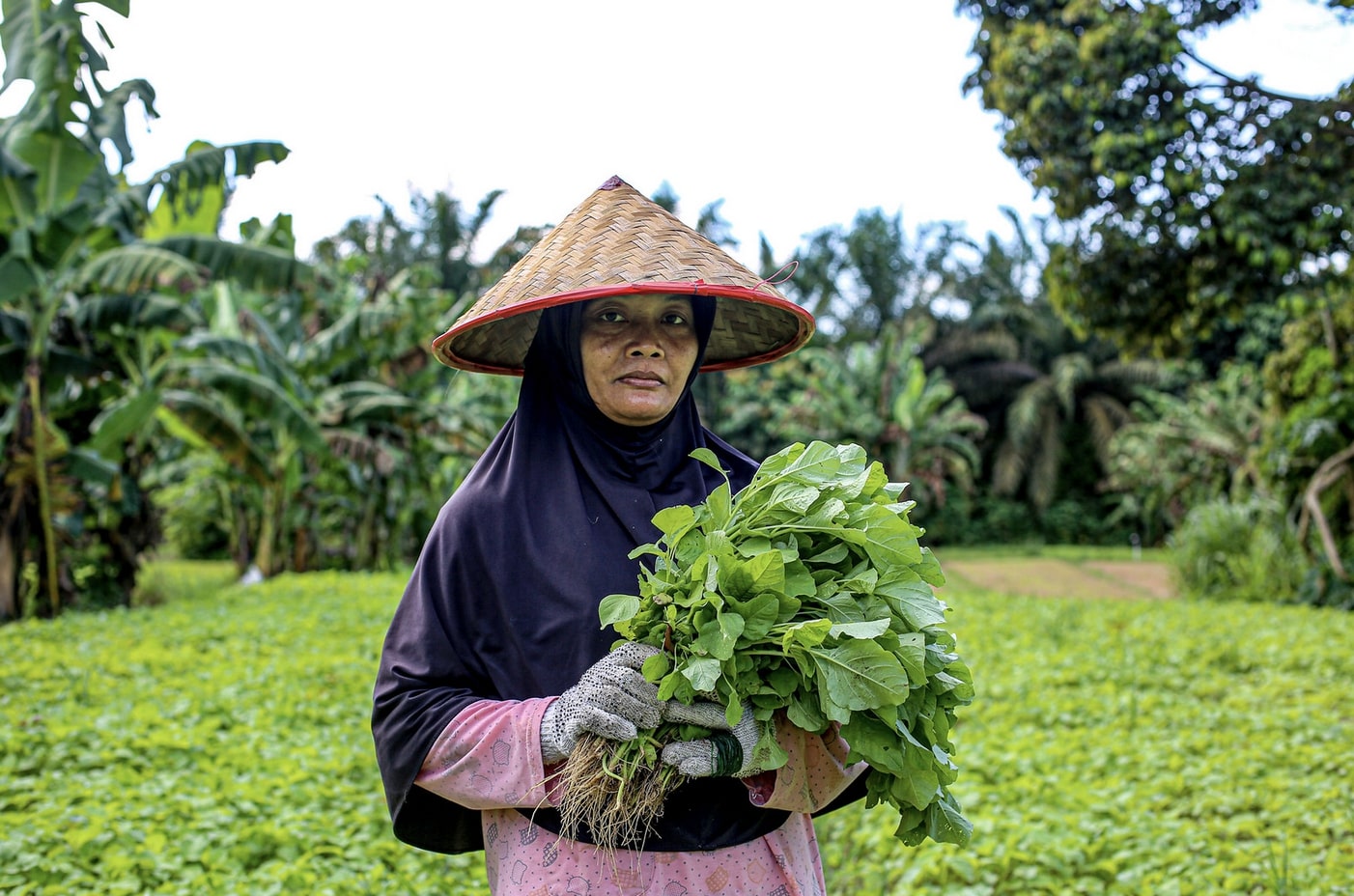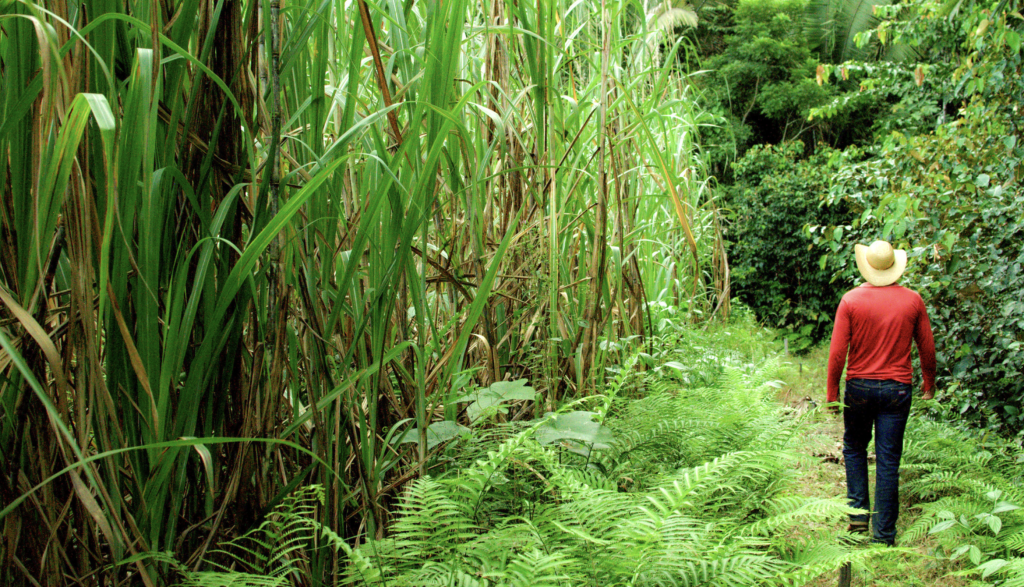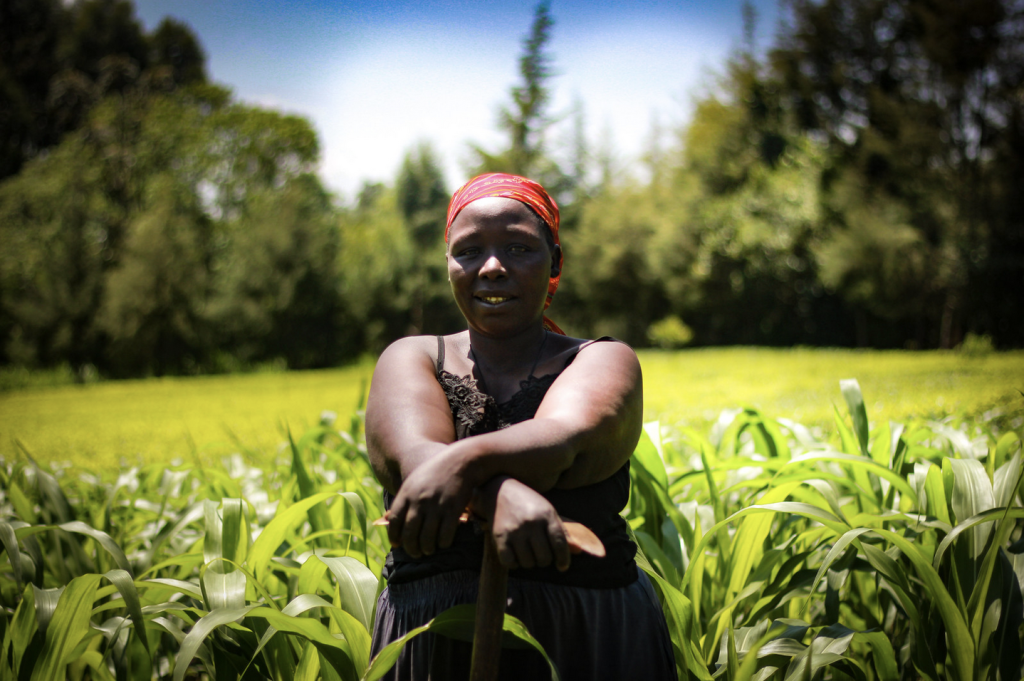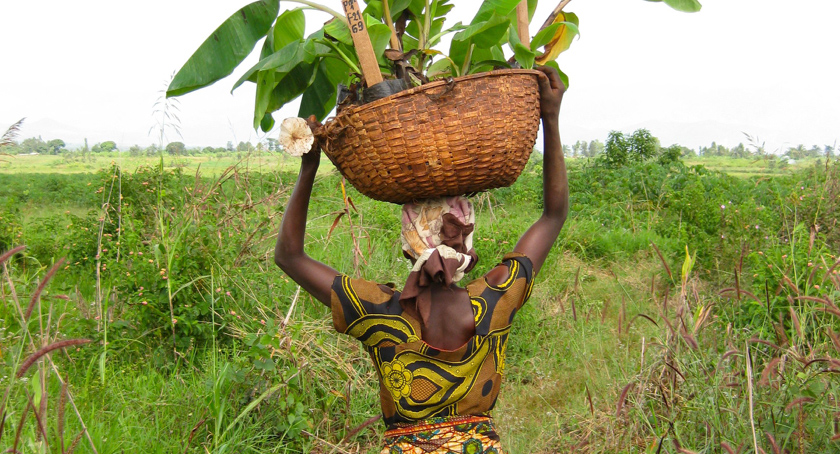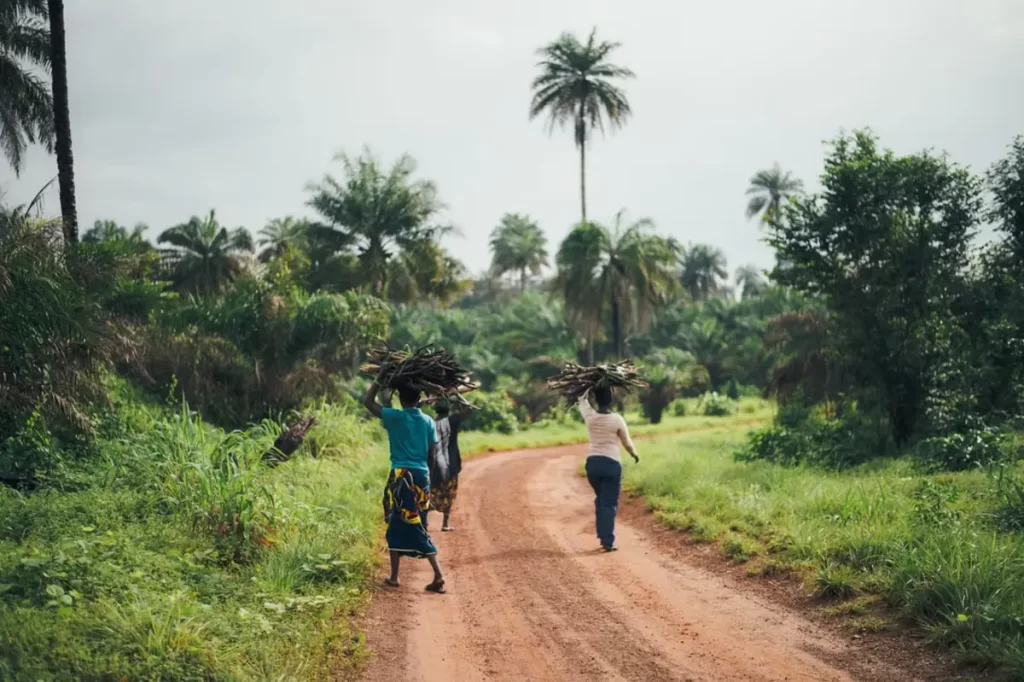The overall aim of the ASSET project is to transform food and agricultural systems in Southeast Asia into more sustainable, safe and inclusive, through harnessing the potential of agroecology.
- ASSET endeavors to develop and promote a shared vision of agroecology and safe food system transitions through a comprehensive approach that includes research, networking, policy advocacy, capacity development, awareness raising, and communication.
- ASSET fosters technical, organizational, and institutional innovations at territorial level in flagship programs, while generating evidence on their performance and impact. Building upon regional reliable initiatives and institutions, it supports a dialogue on linking agricultural and market transformations in policy frameworks at local, national and regional level, and strives to bring successful approaches to scale.
It is implemented by GRET as general coordinator, in strong collaboration with CIRAD in charge of the scientific coordination, and in partnership with a Consortium of 20 international, European, and national Institutions and organizations as well as two United Nations agencies. The consortium engages with governments, civil society, private sector and smallholder farmers to generate and transform knowledge into sustainable innovation processes and policies, sensitive to youth and gender equality.
Project scope and aim
The overall aim of the ASSET Project is to transform food and agricultural systems in Southeast Asia into more sustainable, safe and inclusive, through harnessing the potential of agroecology.
To do so, ASSET’s objectives are to:
- Co-design action research processes with local actors and support innovations at territorial level, considering youth and gender needs.
- Design a common broad-based methodological framework for assessing performances and impacts of agroecology and safe food system pathways, and deriving lessons on enabling conditions.
- Foster policy dialogues on agriculture, food, health and trade at local, national and regional levels (notably ASEAN level).
- Strengthen and enlarge the Agroecology Learning Alliance in South East Asia (ALiSEA) at national and regional levels towards promoting shared pathways to agroecological and safe food system transitions.
- Transform ALiSEA multimedia resources into a Knowledge Hub that serves as a major resource at regional level to a diversity of stakeholders’ engagement and actions.
- Raise awareness and build capacity through multimedia communication to a wide range of targeted audience, including citizens at large.
Modality
To develop and promote a shared vision of the agroecological and safe food system transitions at SEA level, the project is co-designing and implementing a wide range of research and development activities with a diversity of stakeholders. Co-design, assessment and learning approaches are based on theories of change and the ImpresS method.
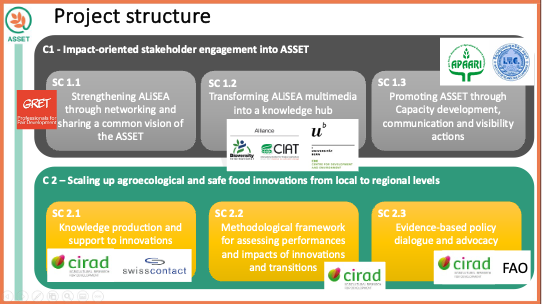
Timeframe
5 years (from 2020 till 2025)
Key members and partners
Coordinator
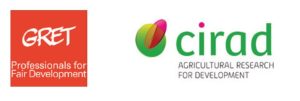
National partners

International partners

United Nations Agencies

Building upon partnerships and initiatives that forms a research development coalition, dialoguing with policy makers in the Mekong region:
- The Agroecology Learning Alliance in South East (ALiSEA): an open coalition of civil society organizations (CSOs), farmers organizations (FOs), academic and research institutions, private sector.
- A consolidatedR4D partnerships at regional level: addressing agricultural transitions as an integral part of food system transformations – notably, dP ASEA and dP Malica
- The LAO-facilitated Initiative on Agroecology for the ASEAN (LICA), in support of a regional agroecology policy dialogue.
Related resources
The project website can be accessed at https://www.asset-project.org/
Location
Cambodia, Laos, Vietnam – and to a much lesser extent, Myanmar
The project mainly intervenes in three flagship sites, which are administratively managed by pilot territories where efforts and resources are concentrated to support and document agroecological and safe food system transitions:
- Preah Vihear Province in Cambodia;
- Xieng Khouang Province in Laos;
- North-west region with interventions in Sơn La and Điện Biên Provinces in Vietnam
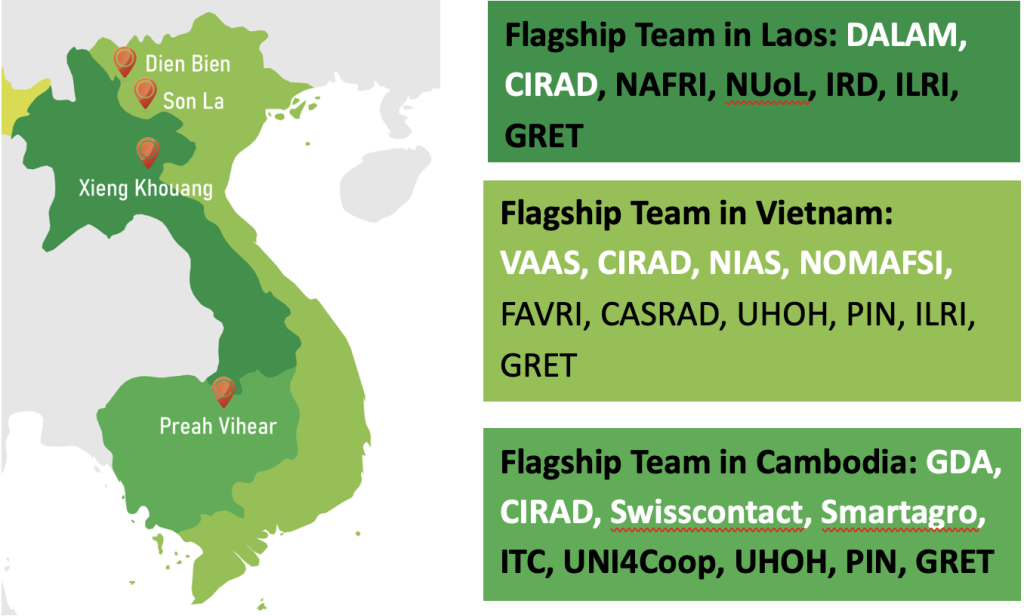
Case studies
R&D activities are organized based on the flagship levels:
- Action-research programs at territorial level in flagship sites to co-design and support technical, organizational and institutional innovations at farm, value chain and territory levels. The flagship sites will act as “laboratories” of the agroecological and safe food system transitions.
- Flagship programs have been built upon the shared methodological framework and tools. The Theory of Change (ToC) for the flagship aims to tailor its specific data collection protocols to monitor and evaluate the performances, impacts, and understanding of the enabling conditions of the agroecology and safe food system transitions. The flagship programs are to facilitate the transition from small-scale pilot experiments to broad-based adoption of innovative practices at territorial level.
- Utilization of the knowledge and know-how collected from innovation processes of the flagship programs at territorial level to produce cross-cutting studies and communications materials (videos, podcast, leaflets, posters).
- Mobilization of the knowledge generated via a variety of tools to support capacity development of local stakeholders, notably farmers, extension agents, and service providers.
Key contacts
Estelle BIENABE (CIRAD, estelle.bienabe@cirad.fr) – Scientific coordinator
Mélanie BLANCHARD (CIRAD, melanie.blanchard@cirad.fr) – Scientific coordinator
Marie-Christine LEBRET (GRET, lebret@gret.fr) – General coordinator
Pascal LIENHARD (CIRAD, pascal.lienhard@cirad.fr) – Leader flagship component and FFEM based activities
Added value to the Agroecology TPP
ASSET approaches and those of the Agroecology TPP are very aligned and consistent.
More specifically, ASSET can help in :
- Strengthening the regional agroecology dynamics in South East Asia, notably joining efforts to support the development of a regional hub for the Agroecology Coalition. ASSET builds on and supports long-lasting partnerships with national agricultural research institutes (sustained in the frame of the ASEA and Malica research platforms in partnerships) as well as the CSO grounded multi stakeholder network ALiSEA. ASSET has also strongly engaged in policy processes at national and ASEAN levels.
- Generating and disseminating relevant knowledge on agroecology, strengthening the South East Asian perspective.
- Contributing to methodological developments on evaluation (including market and food system dimensions), co-creation of knowledge and multi stakeholder engagement at different scales (building upon action research processes, network dynamics and evidence-based policy dialogue processes grounded in nested participatory ToCs), including achievements and reflections on key challenges.
- Also, there is some interest in joining forces to connect knowledge management strategies, which is in line with the AE knowledge hub development, building upon the current ALiSEA platform and resources.
Added value to the organisation running the project
Broader capacity to share learnings and experiences on agroecological innovations and transformations, including learning from experiences and approaches from other parts of the world. Synergies in knowledge management and dissemination.
- Interest in methodological exchanges in line with the above.
- Joining forces and coordinating action to strengthen agroecological dynamics in SEA.

